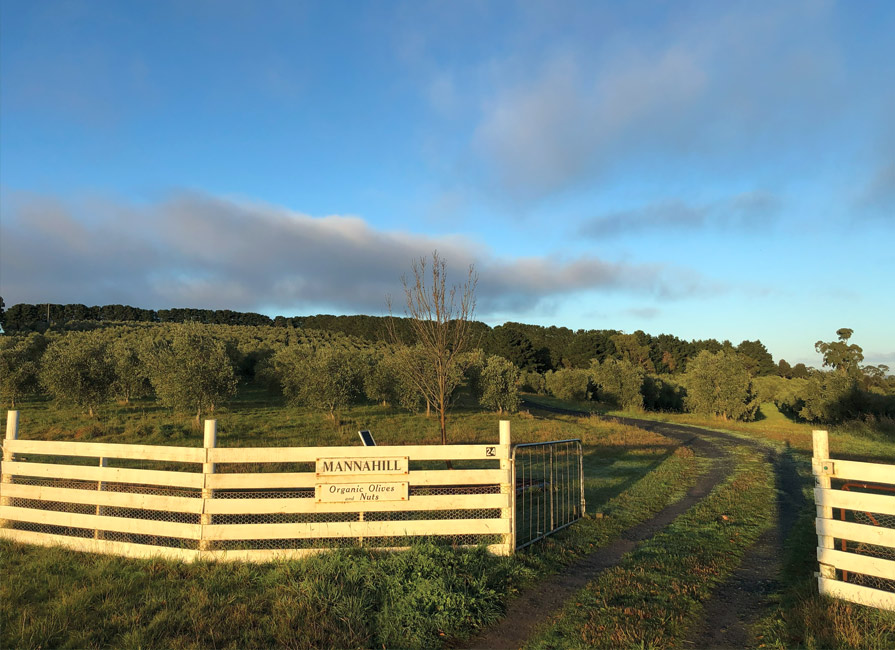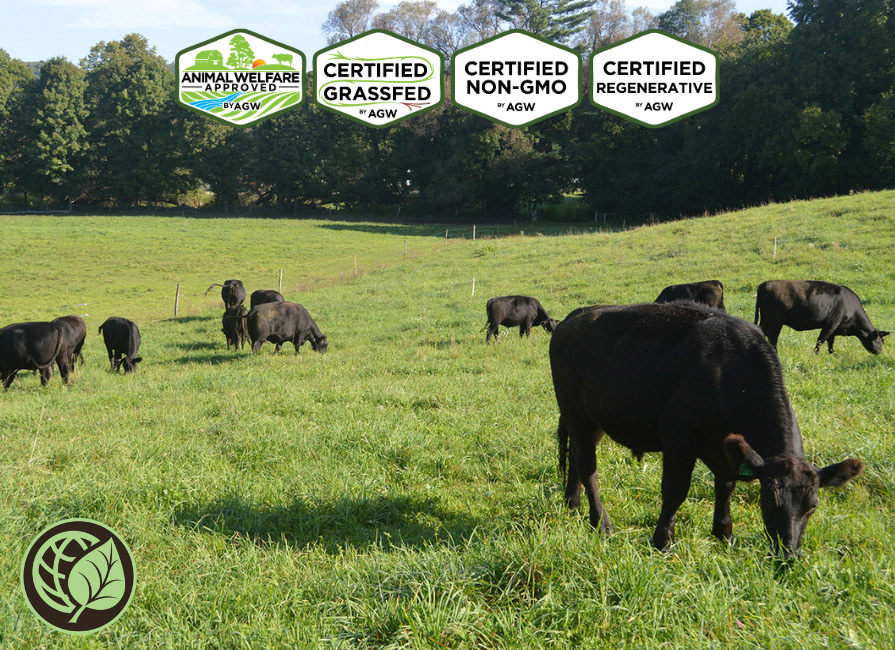One of the key attractions of our Certified Regenerative by AGW program is its practical…
U.S. Scientific Establishment Throws Down Gauntlet to Big Ag
 I don’t often find much to cheer about when I read the food and farming news. But a new report from the influential National Research Council (NRC) on the future of U.S. farming had me reaching for my pom-poms.
I don’t often find much to cheer about when I read the food and farming news. But a new report from the influential National Research Council (NRC) on the future of U.S. farming had me reaching for my pom-poms.
On the face of it, the NRC’s report, “Toward Sustainable Agricultural Systems in the 21st Century,” might not seem like headline-grabbing stuff. But this report really is big news for anyone interested in a sustainable future for farming—and not just because its conclusions represent another damning indictment of industrialized farming.
You see, the NRC is a prestigious, independent U.S. scientific body, established in 1916 “to provide elected leaders, policy makers, and the public with expert advice based on sound scientific evidence.” And in publishing this report, the NRC joins a growing number of leading global scientific organizations in effectively throwing down the gauntlet to Big Ag, publicly criticizing the negative consequences of industrialized farming and calling for a more holistic approach to food production in the face of increasingly scarce natural resources and the growing threat of climate change.
In the past, government agricultural policy encouraged farmers to produce as much food as possible, as cheaply as possible. And we all know that the agricultural industry has been hugely successful in doing so. But while acknowledging that U.S. farm output in 2008 was 158 percent higher than it was in 1948, the NRC report contends that the drive to maximize farm productivity has brought with it significant unintended—and unaccounted for—costs.
“Many modern agricultural practices have unintended negative consequences, such as decreased water and air quality, and farmers have to consider these consequences while trying to increase production,” said Julia Kornegay, chair of the committee that wrote the report, and professor and head of the Department of Horticultural Science at North Carolina State University. “If farmers are going to meet future demands, the U.S. agriculture system has to evolve to become sustainable and think broadly – past the bottom line of producing the most possible.”
The authors cite the negative impact on water tables in some agricultural areas and the significant pollution problems associated with nitrogen and phosphorus in fertilizers and pesticides which “have infiltrated surface water and rivers, creating oxygen-starved zones in waterways.” The report also highlights the shameful fact that industrial agriculture is the largest contributor of nitrous oxide and methane, both greenhouse gasses, in the United States.
But it is not just the immense environmental costs that come under the spotlight. The report also recognizes growing consumer concern about farm animal welfare and food safety issues associated with our increasingly centralized food production systems. Similarly, the impact of rising production costs on farmers and rural communities—primarily associated with the ever-increasing prices charged by Big Ag for its seed, synthetic pesticides, and fertilizers—do not go unnoticed. “More than half of U.S. farm operators work off the farm to supplement their income and to obtain health care and retirement benefit plans,” according to the authors.
This report doesn’t come from the so-called partisan Organic Consumers Association or the National Family Farm Coalition: this is an official consensus report from a highly regarded and world-renowned scientific establishment. While I would be the first to agree that the NRC report doesn’t go far enough in its recommendations, we all have to remember that what this report might lack in radical zeal will be more than compensated for by the authority it will command among U.S. policy makers and Big Ag boardrooms alike.
But above all, this report is further evidence that the world’s scientific establishment is at last recognizing that we have been speaking the truth. For years Animal Welfare Approved has been calling for truly sustainable farming systems which protect our environment and natural resources, which promote the highest standards of animal welfare, and which improve the quality of life for farmers, farm workers and society as a whole. And now, the scientific consensus is with us.
One can no longer dismiss or belittle the sustainable farming community as unscientific or claim that we don’t have sound science on our side. And this report further strengthens our resolve to expose peddlers of bad science masquerading as real science in the arena of sustainable farming and our demands for a more holistic approach to agricultural research.
Industrialized agriculture is on the ropes and the NRC’s report represents yet another embarrassing body blow for the likes of Monsanto and Cargill. This report isn’t something that Big Ag’s PR machine can simply brush under the carpet, and I can promise you that we certainly haven’t heard the last of it. But the real question is: when will our political leaders take heed and stop turning a blind eye to the havoc Big Ag is wreaking.


